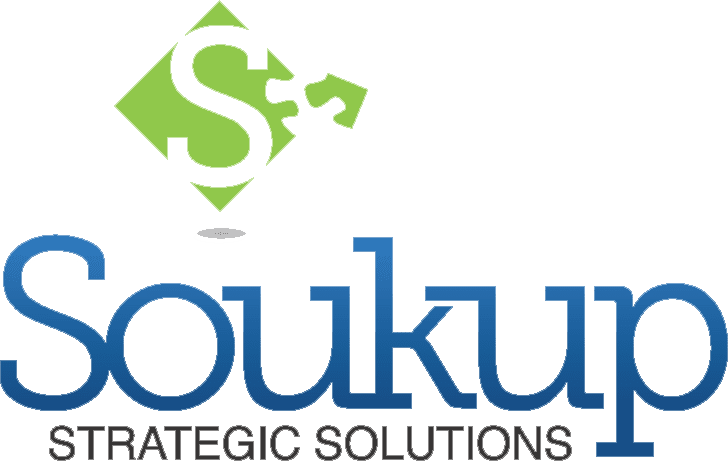Empowering nonprofit Board members to engage deeply with the organization’s mission is essential for achieving meaningful impact. When nonprofits cultivate a sense of ownership and encourage active participation, they tap into the unique skills, expertise, and passion of their Board members to drive positive change. Strategies like clarifying roles, fostering engagement, and offering development opportunities can strengthen Board members’ commitment and help propel the organization toward its goals. Here are key strategies to empower your Board members and enhance their engagement with your mission.
Clarify Roles and Expectations for Board Members
To empower Board members, provide clarity regarding their roles and expectations. Clearly defined responsibilities help Board members understand how their skills and expertise align with the organization’s needs. This clarity sets the stage for meaningful and impactful contributions. For example, consider developing a “Board Member Responsibility Guide” that outlines each member’s duties and how they contribute to the organization’s success.
Create a Culture of Active Engagement
Creating a culture that values and encourages active participation is crucial. Nonprofits should have an environment where Board members feel comfortable sharing ideas, voicing concerns, and actively contributing to discussions. An engaged culture promotes a sense of belonging and investment in the organization’s success. To foster this environment, consider opening each Board meeting with a “roundtable” session where members can share updates or concerns openly.
Offer Ongoing Training and Development
Providing ongoing training and development opportunities is a great way to empower Board members. Workshops, seminars, and training sessions can enhance their understanding of the organization’s missions, the broader nonprofit landscape, and effective governance practices. Knowledgeable and informed Board members are better equipped to contribute. To keep training accessible, create a yearly training calendar or bring in guest speakers on relevant topics during meetings.
Strengthen the Connection to the Mission
To foster a deeper connection with the organization’s mission, nonprofits should facilitate opportunities for Board members to engage with the communities they serve. Site visits, volunteer opportunities, or direct interactions with beneficiaries can provide firsthand experiences, strengthening their commitment to the cause. Consider organizing an annual “Day of Service” for Board members to volunteer directly with the community.
Establish Open Lines of Communication
Establishing open lines of communication is essential for empowerment. Regular Board meetings, feedback sessions, and communication platforms should be utilized to keep Board members informed, address concerns, and encourage collaborative decision-making. For instance, set up a dedicated communication channel or platform (such as Slack) for Board discussions, making it easier for members to stay updated and engaged.
Recognize and Celebrate Contributions
Acknowledging the efforts and accomplishments of Board members is a fundamental aspect of empowerment. Publicly recognizing their contributions, whether big or small, reinforces a sense of value and encourages continued engagement. Celebrating milestones reinforces a positive and collaborative atmosphere. To keep recognition consistent, include a “Board Member Spotlight” in your organization’s newsletter or acknowledge significant contributions at annual events.
Leverage the Unique Skills of Each Board Member
Each Board member brings unique skills and experiences to the table. Nonprofits should actively seek to leverage this diversity by aligning Board members with tasks that match their expertise. Recognizing and utilizing individual strengths enhances overall Board effectiveness. For example, if a Board member has financial expertise, involve them in budgeting or financial oversight tasks to maximize their impact.
Evaluate and Adapt Strategies to Empower Nonprofit Board Members
Regularly evaluating the effectiveness of strategies for Board member empowerment is crucial. Soliciting feedback, assessing engagement levels, and being open to adjustments ensure that the organization’s approach remains responsive to the evolving needs and dynamics of the Board. A brief annual survey can help gauge satisfaction and identify areas for improvement.
Empowering nonprofit Board members to actively support an organization’s mission involves more than simply assigning tasks; it requires a thoughtful approach that fosters clarity, engagement, and development. By creating an environment where Board members feel valued and are equipped to contribute meaningfully, nonprofits can leverage their Board’s strengths to drive impactful change. This empowered dynamic not only enhances Board effectiveness but also strengthens the organization’s foundation, enabling it to achieve its mission and amplify its impact for years to come.
Taking the Next Step
Nonprofit leaders can start by assessing their Board’s current engagement level. Identify one or two strategies to implement this month—whether it’s clarifying roles, introducing a Board training program, or organizing a Day of Service—and observe the positive impact on Board involvement and organizational momentum. Empowering your Board is an ongoing journey, and with each step, you’ll strengthen your organization’s foundation for future success. By empowering your Board, you’re not only enhancing their contributions but also building a resilient foundation that positions your organization for sustained success and impact.
For nonprofits seeking additional support, our team offers expert guidance to help build an engaged and effective Board through targeted training, skills gap identification, and support with recruiting and onboarding new members. Contact us today for a free consultation and discover how we can help you develop a Board that drives your organization’s mission forward.






